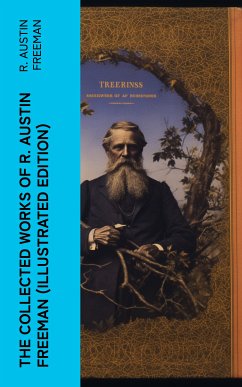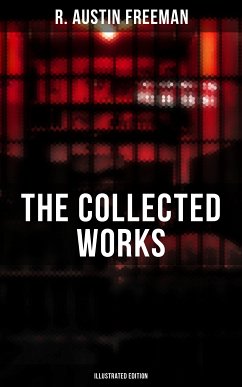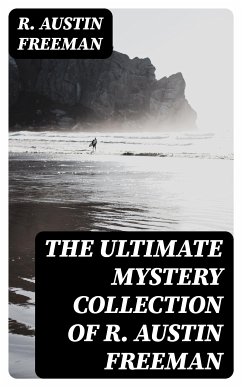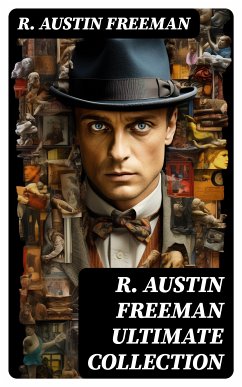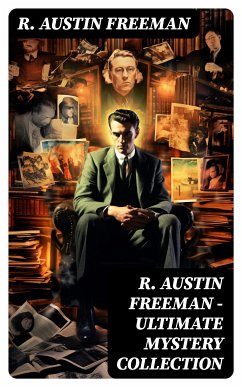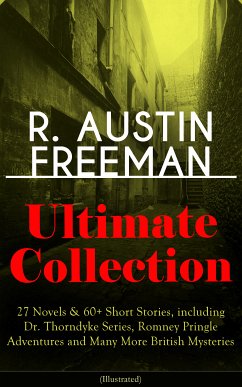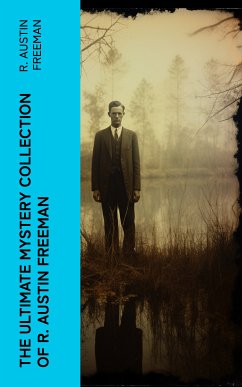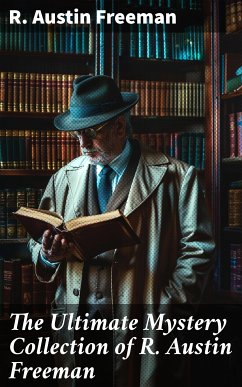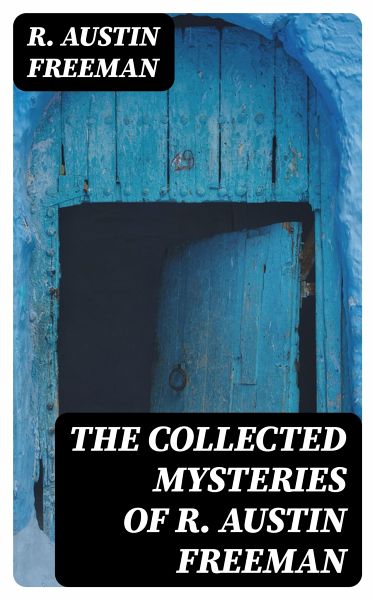
The Collected Mysteries of R. Austin Freeman (eBook, ePUB)

PAYBACK Punkte
0 °P sammeln!
In "The Collected Mysteries of R. Austin Freeman," readers are invited into a captivating world of detective fiction that blends intricate plotting with the analytical skills of a medically trained protagonist. Freeman, a pioneer of the inverted detective story, crafts narratives that navigate the moral complexities of crime and justice, showcasing his unique literary style characterized by rich detail and logical deduction. The collection spans various stories, reflecting the early 20th-century literary context where crime fiction began to evolve, adding depth to the detective genre while cha...
In "The Collected Mysteries of R. Austin Freeman," readers are invited into a captivating world of detective fiction that blends intricate plotting with the analytical skills of a medically trained protagonist. Freeman, a pioneer of the inverted detective story, crafts narratives that navigate the moral complexities of crime and justice, showcasing his unique literary style characterized by rich detail and logical deduction. The collection spans various stories, reflecting the early 20th-century literary context where crime fiction began to evolve, adding depth to the detective genre while challenging the reader's perception of truth and deception. R. Austin Freeman (1862-1943) was not only a celebrated author but also a physician, a background that deeply influenced his writing. His interest in forensic science and the workings of the human mind provided a solid foundation for the meticulously constructed puzzles presented in his mysteries. Freeman's experiences as a doctor enabled him to approach storytelling with a unique blend of scientific reasoning and suspenseful storytelling, earning him a revered place in the annals of crime literature. This anthology is a must-read for aficionados of the genre and newcomers alike. "The Collected Mysteries of R. Austin Freeman" offers a brilliant exploration of the artistic intricacies of detective fiction, making it an essential addition to any literary collection. Delve into these enigmatic tales that will not only entertain but also challenge your intellect, inviting you to become an active participant in solving the mysteries within.
Dieser Download kann aus rechtlichen Gründen nur mit Rechnungsadresse in A, B, BG, CY, CZ, D, DK, EW, FIN, F, GR, H, IRL, I, LT, L, LR, M, NL, PL, P, R, S, SLO, SK ausgeliefert werden.




